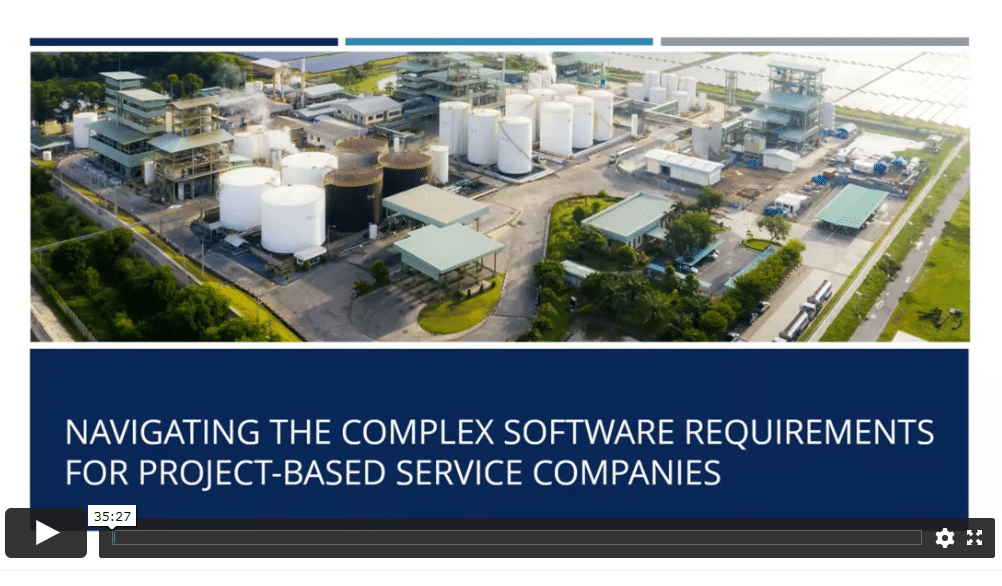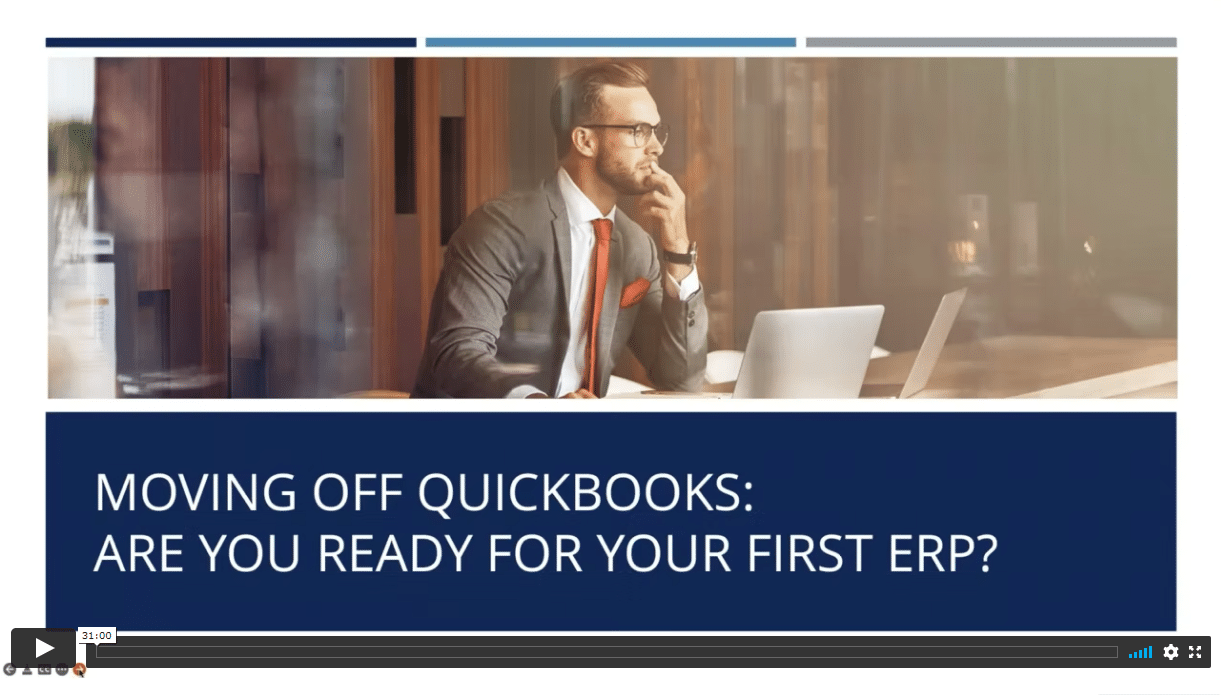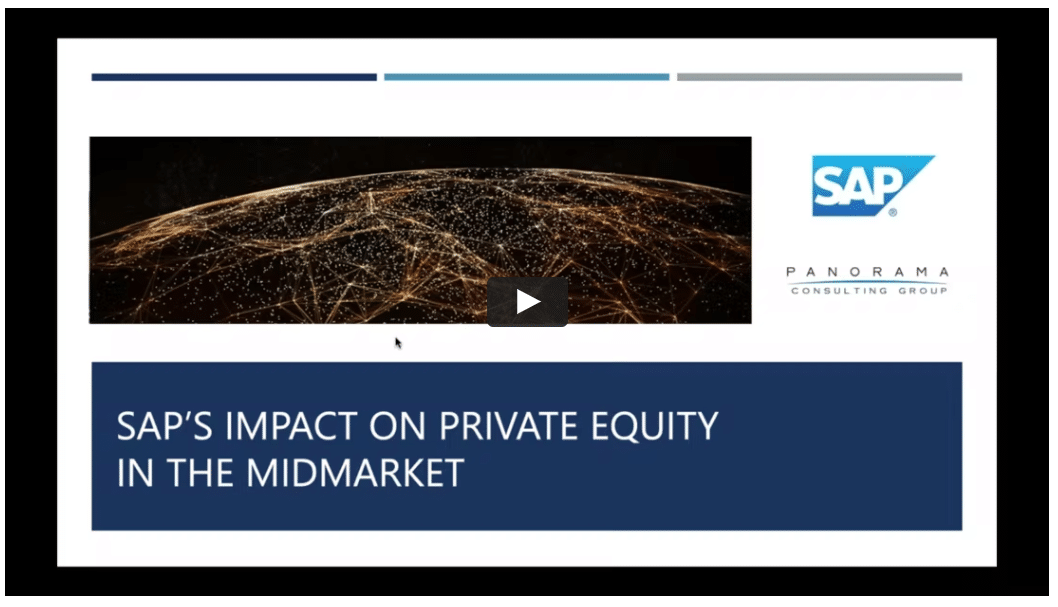Organizations evaluating ERP software have hundreds of systems to choose from. To give you an idea of how many there are, we track more than 250 systems in our internal ERP vendor database.
Clearly, the ERP comparison process can be daunting, which is why we developed our 2025 Top 10 ERP Systems Report. This list highlights the vendors that the Panorama team frequently evaluates for clients across industries, including manufacturing, retail, services, and more.
Choosing the right ERP system can transform your business efficiency and scalability. Our comprehensive guide ranks the top 10 ERP software in the world, making it easier for you to decide which ERP software best fits your unique business needs. From industry giants to innovative up-and-comers, these ERP vendors offer solutions that are robust, versatile, and tailored to various sectors.
By providing insights into each of the top 10 ERP software in the world, our goal is to simplify your search among the myriad of ERP software companies and help you select a vendor that will drive your business forward. Whether you’re in manufacturing, retail, or services, the ERP software systems we evaluate come from the most trusted ERP software vendors globally. Each ERP system vendor listed has been rigorously tested for functionality, user-friendliness, and integration capabilities. With insights into each ERP platform, our goal is to simplify your search among the myriad of ERP software companies and help you partner with an ERP vendor that will drive your business forward.
What do these top ERP systems have to offer? Make an informed decision with our guide to the best ERP software available today, and propel your company into a more efficient tomorrow. Continue reading for an overview of each vendor and then download our guide to the best ERP software.
Overview of the Top 10 ERP Software System Vendors
Our report provides more specific details, but below is a brief overview of the top products from the best ERP system vendors (in alphabetical order):
1. Epicor

Epicor provides cloud and on-premise solutions for a variety of industries. The ERP system featured in our report is Epicor Kinetic, a solution designed for discrete, make-to-order manufacturers.
2. IFS
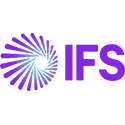
IFS ERP is one part of a unified and complete solution (IFS Cloud). IFS Cloud’s single centralized platform offers ERP capabilities and allows businesses to choose from Enterprise Asset Management and Service Management capabilities.
3. Infor
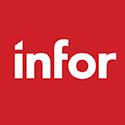
Infor’s scloud ERP solutions deliver industry-specific capabilities. Infor CloudSuite combines the Infor operating system (OS) with the Infor cloud platform, which is built on infrastructure services from Amazon Web Services.
4. Microsoft
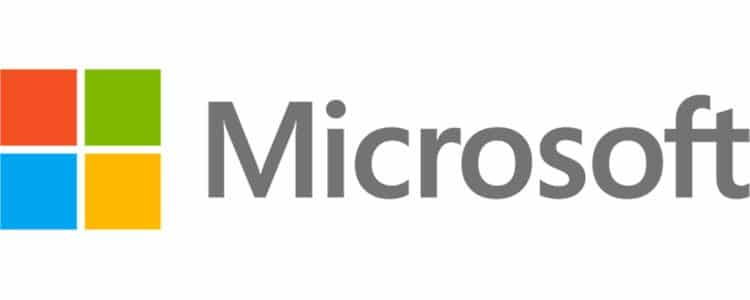
Microsoft Dynamics 365 is a portfolio of intelligent business applications. Businesses can connect Dynamics 365 applications with the systems and tools they already use.
5. NetSuite
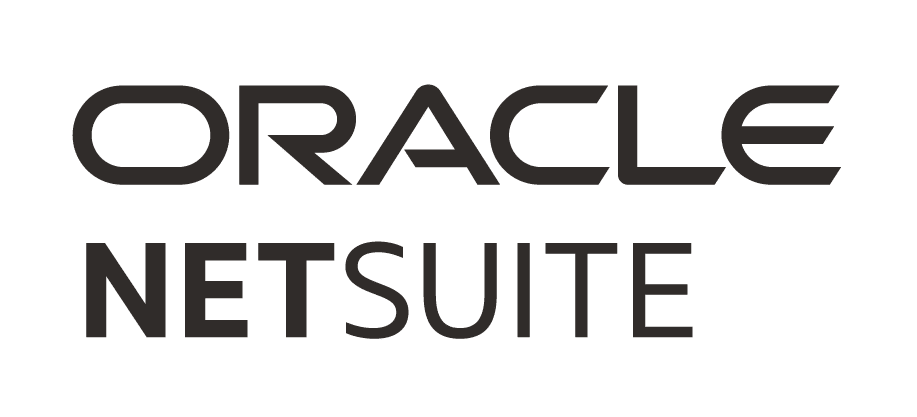
The NetSuite ERP system is an all-in-one cloud solution that provides real-time visibility into operational and financial performance. The solution is designed for organizations of all sizes.

The Oracle system featured in our top ERP systems report is Oracle Fusion Cloud ERP. It is a complete suite of SaaS applications with embedded artificial intelligence for automating, standardizing, and integrating processes and data.
7. Sage

Sage provides solutions for all industries and is designed for startup, scale-up, and enterprise companies. Sage Intacct is included in our top 10 ERP systems report as it can adapt to the unique workflows and reporting requirements of almost any industry.
8. SAP

The SAP system featured in our report is SAP S/4HANA Cloud. This system covers a broad spectrum of business needs and embeds industry best practices for a wide range of industries, including services, manufacturing, public sector, and more.
9. Priority
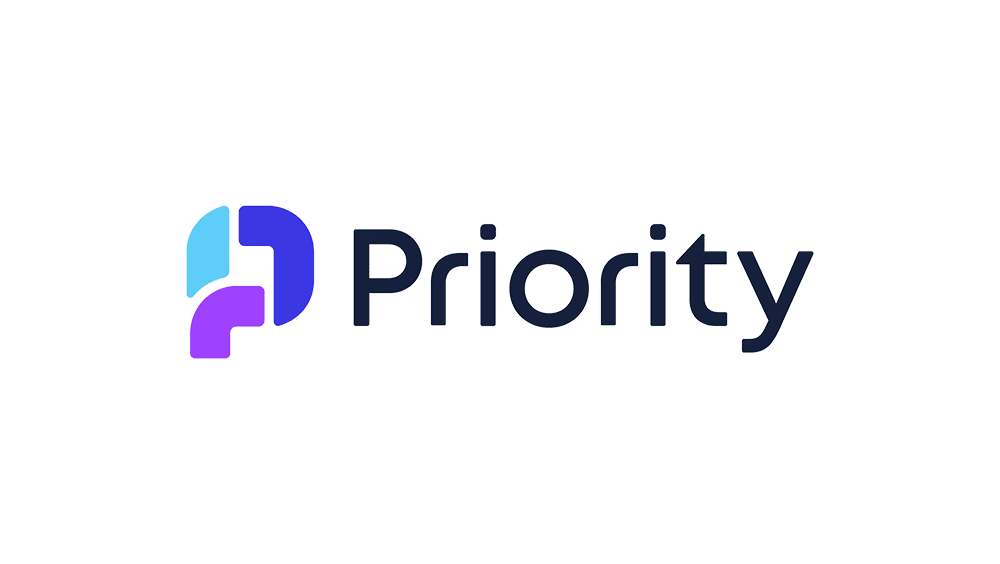
Priority’s open SaaS cloud ERP platform is for organizations of all sizes. It is designed for industries such as manufacturing, wholesale and distribution, healthcare, medical devices, pharmaceutical, financial services, retail, and more.
10. SYSPRO
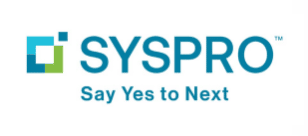
Syspro ERP is a cloud solution built exclusively for manufacturers and distributors. It is designed to be scalable for both SMBs and multi-national organizations with hundreds of subsidiaries.
The 2025 Top 10 ERP Systems Report
What vendors are you considering for your ERP implementation? This list is a helpful starting point.
The Benefits of a Strategic ERP Selection Process
Modern ERP systems do more than just automate processes—they act as enablers of growth and innovation across business functions. By aligning your ERP implementation with strategic priorities, you can unlock long-term value from your software investment. Here are some of the long-term benefits you can expect:
1. Scalability to Support Business Growth
As you expand into new markets, launch new product lines, or acquire other businesses, scalability becomes essential. Look for an ERP system that is designed to grow with your organization, providing flexibility to add new modules as the need arises. This is critical for avoiding costly system replacements and maintaining consistent performance amid expanding operations.
2. Data-Driven Decision-Making and Resilience
Look for a system with advanced analytics capabilities that empower leadership teams to make faster, more informed decisions. Real-time data should flow across business units, helping you respond quickly to disruptions and market shifts. This level of agility is critical in today’s volatile business environment.
3. Enhanced Customer Experience as a Competitive Advantage
In an increasingly customer-centric world, ERP systems play a key role in delivering superior service. The best ERP systems unify customer data across various touchpoints, from sales and support to fulfillment. This allows you to anticipate needs and improve customer support, fostering loyalty and driving revenue growth.
What Does This Mean for Your ERP Selection?
Our top 10 ERP platform comparison is only the starting point to selecting the right enterprise software system. More ERP selection tips can be found in our ERP Selection Guide.
Your organization ultimately needs to decide what selection criteria are most important, then narrow down your options based on these criteria. This may or may not lead you to consider one of the top ERP systems.
Panorama’s ERP consultants have helped hundreds of organizations select the right enterprise software and develop an effective project plan. Contact us below and be sure to download our 2025 Top 10 ERP Systems Report.






